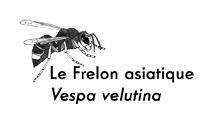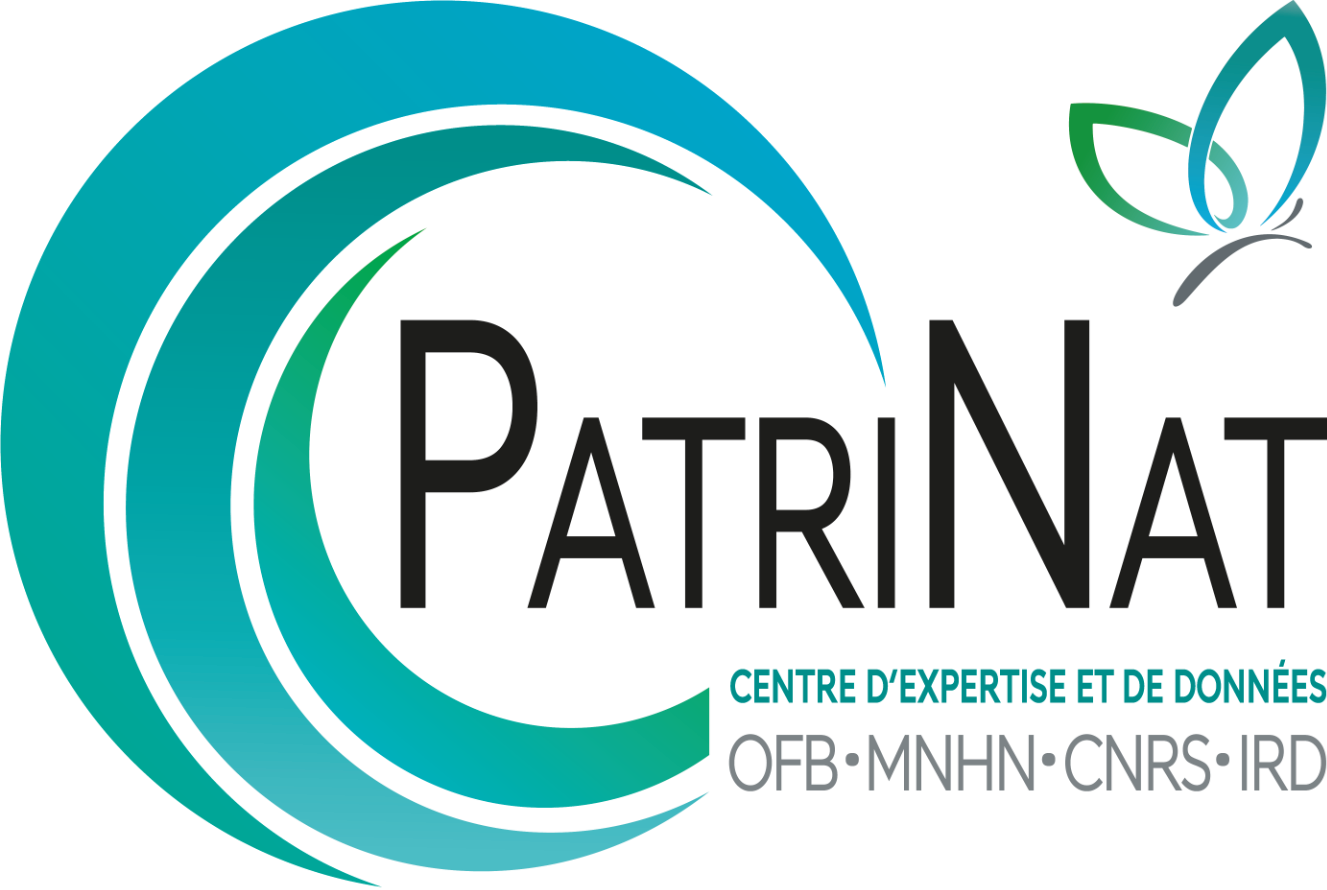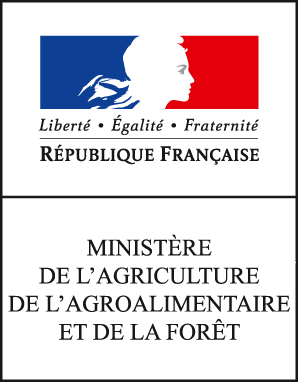Nos articles scientifiques
Arca, M., Mougel, F., Guillemaud, T., Dupas, S., Rome, Q., Perrard, A., et al. 2015. Reconstructing the invasion and the demographic history of the yellow-legged hornet, Vespa velutina, in Europe. Biological Invasions, 17(8): 2357‑2371.
Barbet-Massin, M., Rome, Q., Muller, F., Perrard, A., Villemant, C., Jiguet, F. 2013. Climate change increases the risk of invasion by the Yellow-legged hornet. Biological Conservation, 157: 4‑10.
Barbet-Massin, M., Rome, Q., Villemant, C., Courchamp, F. 2018. Can species distribution models really predict the expansion of invasive species? PLOS ONE, 13(3): e0193085.
Beggs, J.R., Brockerhoff, E.G., Corley, J.C., Kenis, M., Masciocchi, M., Muller, F., Rome, Q., Villemant, C. 2011. Ecological effects and management of invasive alien Vespidae. BioControl, 56(4): 505‑526.
Fournier, A., Barbet-Massin, M., Rome, Q., Courchamp, F. 2017. Predicting species distribution combining multi-scale drivers. Global Ecology and Conservation, 12: 215‑226.
Laurent, M., Wendling, S., Meziani, F., Sourdeau, C., Cloastre, L., Roy, C., Rome, Q., Franco, S. 2021. Bilan de la surveillance des maladies réglementées et des troubles de santé de l’Abeille mellifère domestique Apis mellifera de 2017 à 2019. Bulletin épidémiologique, santé animale et alimentation, 94(16): 1‑18.
Perrard, A., Baylac, M., Carpenter, J.M., Villemant, C. 2014. Evolution of wing shape in hornets: why is the wing venation efficient for species identification? Journal of Evolutionary Biology, 27(12): 2665‑2675.
Perrard, A., Haxaire, J., Rortais, A., Villemant, C. 2009. Observations on the colony activity of the Asian Hornet Vespa velutina Lepeletier 1836 (hymenoptera: Vespidae: Vespinae) in France. Annales de la Société Entomologique de France, 45(1): 119‑127.
Perrard, A., Arca, M., Rome, Q., Muller, F., Tan, J., Bista, S., et al. 2014. Geographic Variation of Melanisation Patterns in a Hornet Species: Genetic Differences, Climatic Pressures or Aposematic Constraints? PLoS ONE, 9(4): e94162.
Perrard, A., Muller, F., Rome, Q., Villemant, C. 2011. Observations sur le Frelon asiatique à pattes jaunes, Vespa velutina Lepeletier, 1836 (Hymenoptera, Vespidae). Bulletin de la Société entomologique de France, 116(2): 159‑164.
Perrard, A., Villemant, C., Carpenter, J.M., Baylac, M. 2012. Differences in caste dimorphism among three hornet species (Hymenoptera: Vespidae): forewing size, shape and allometry. Journal of Evolutionary Biology, 25(7): 1389‑1398.
Perrard, A., Lopez-Osorio, F., Carpenter, J.M. 2015. Phylogeny, landmark analysis and the use of wing venation to study the evolution of social wasps (Hymenoptera: Vespidae: Vespinae). Cladistics, 32(4): 406‑425.
Perrard, A., Pickett, K., Villemant, C., Kojima, J., Carpenter, J. 2013. Phylogeny of hornets: a total evidence approach (Hymenoptera, Vespidae, Vespinae, Vespa). Journal of Hymenoptera Research, 32: 1‑15.
Requier, F., Fournier, A., Pointeau, S., Rome, Q., Courchamp, F. 2023. Economic costs of the invasive Yellow-legged hornet on honey bees. Science of The Total Environment, 898: 165576.
Requier, F., Fournier, A., Rome, Q., Darrouzet, E. 2020a. Science communication is needed to inform risk perception and action of stakeholders. Journal of Environmental Management, 257: 109983.
Requier, F., Nürnberger, F., Rojas-Nossa, S.V., Rome, Q. 2024. Spatial distribution of Vespa velutina-mediated beekeeping risk in France and Germany. Journal of Pest Science.
Requier, F., Rome, Q., Chiron, G., Decante, D., Marion, S., Menard, M., Muller, F., Villemant, C., Henry, M. 2019. Predation of the invasive Asian hornet affects foraging activity and survival probability of honey bees in Western Europe. Journal of Pest Science, 92(2): 567‑578.
Requier, F., Rome, Q., Villemant, C., Henry, M. 2020b. A biodiversity-friendly method to mitigate the invasive Asian hornet’s impact on European honey bees. Journal of Pest Science, 93: 1‑9.
Rome, Q., Dambrine, L., Onate, C., Muller, F., Villemant, C., García Pérez, A.L., Maia, M., Carvalho Esteves, P., Bruneau, E. 2013. Spread of the invasive hornet Vespa velutina Lepeletier, 1836, in Europe in 2012 (Hym., Vespidae). Bulletin de la Société entomologique de France, 118(1): 21‑22.
Rome, Q., Muller, F., Gargominy, O., Villemant, C. 2009. Bilan 2008 de l’invasion de Vespa velutina Lepeletier en France (Hymenoptera: Vespidae). Bulletin de la Société entomologique de France, 114(3): 297‑302.
Rome, Q., Muller, F., Villemant, C. 2012. Expansion 2011 de Vespa velutina Lepeletier (Hymenoptera, Vespidae) en Europe. Bulletin de la Société entomologique de France, 117(1): 114.
Rome, Q., Muller, F.J., Touret-Alby, A., Darrouzet, E., Perrard, A., Villemant, C. 2015. Caste differentiation and seasonal changes in Vespa velutina (Hym.: Vespidae) colonies in its introduced range. Journal of Applied Entomology, 139(10): 771‑782.
Rome, Q., Perrard, A., Muller, F., Fontaine, C., Quilès, A., Zuccon, D., Villemant, C. 2021. Not just honeybees: predatory habits of Vespa velutina (Hymenoptera: Vespidae) in France. Annales de la Société Entomologique de France, 57(1): 12.
Rome, Q., Perrard, A., Muller, F., Villemant, C. 2011. Monitoring and control modalities of a honeybee predator, the yellow-legged hornet Vespa velutina nigrithorax (Hymenoptera: Vespidae). Aliens: The Invasive Species Bulletin, 31: 7‑15.
Rome, Q., Villemant, C. 2016. Invasive species: Bee-hawking hornet already in line of fire. Nature, 534(7605): 37‑37.
Rome, Q., Villemant, C. 2017. Surveillance du frelon asiatique, Vespa velutina nigrithorax (Hymenoptera : Vespidae). Bulletin épidémiologique, santé animale et alimentation, 81(15): 1‑4.
Rortais, A., Villemant, C., Gargominy, O., Rome, Q., Haxaire, J., Papachristoforou, A., Arnold, G. 2010. A New Enemy of Honeybees in Europe: The Asian Hornet Vespa velutina. In: Settele J. [Ed]. Atlas of biodiversity risks – from Europe to the globe, from stories to maps. Pensoft, Sofia, BG – Moscow, RU : 181.
Schwartz, C., Villemant, C., Rome, Q., Muller, F. 2012. Vespa velutina (frelon asiatique) : un nouvel hyménoptère en France. Revue Française d’Allergologie, 52(5): 397‑401.
Verdasca, M.J., Carvalheiro, L., Gutierrez, J.A., Granadeiro, J.P., Rome, Q., Puechmaille, S.J., Rebelo, R., Rebelo, H. 2022. Contrasting patterns from two invasion fronts suggest a niche shift of an invasive predator of native bees. PeerJ, 10: e13269.
Villemant, C. 2008. Apis cerana se défend contre Vespa velutina: observations dans le massif forestier du Bi Doup, Vietnam (Hym.). Bulletin de la Société entomologique de France, 113(3): 312.
Villemant, C., Haxaire, J., Streito, J. 2006. Premier bilan de l’invasion de Vespa velutina lepeletier en France (Hymenoptera, Vespidae). Bulletin de la Société entomologique de France, 111(4): 535.
Villemant, C., Barbet-Massin, M., Perrard, A., Muller, F., Gargominy, O., Jiguet, F., Rome, Q. 2011. Predicting the invasion risk by the alien bee-hawking yellow-legged hornet Vespa velutina nigrithorax across Europe and other continents with niche models. Biological Conservation, 144(9): 2142‑2150.
Villemant, C., Muller, F., Rome, Q., Perrard, A., Barbet-Massin, M., Jiguet, F. 2014. Estimating the Potential Range Expansion and Environmental Impact of the Invasive Bee-Hawking Hornet, Vespa velutina nigrithorax. In: In Silico Bees. James Devillers, Boca Raton, FL., USA : 269‑287.
Villemant, C., Rome, Q., Perrard, A. 2021. Le frelon asiatique : prédire les risques d’invasion et comprendre ses variations de coloration. In Les collections naturalistes dans la science du XXIe siècle – ISTE Editions, Londre (UK) : 221‑234.
Villemant, C., Zuccon, D., Rome, Q., Muller, F., Poinar Jr, G.O., Justine, J.-L. 2015. Can parasites halt the invader? Mermithid nematodes parasitizing the yellow-legged Asian hornet in France. PeerJ, 3: e947.








